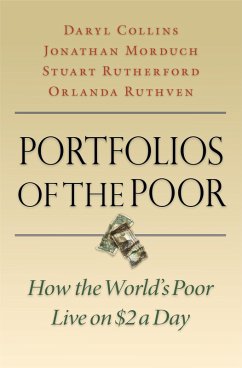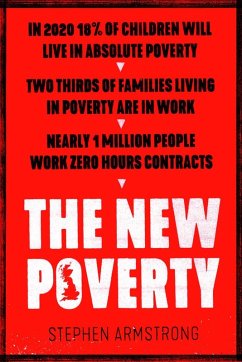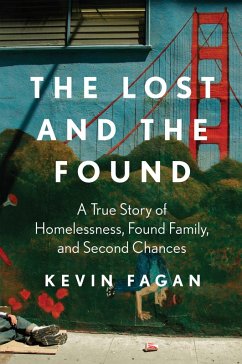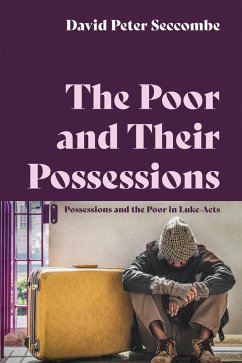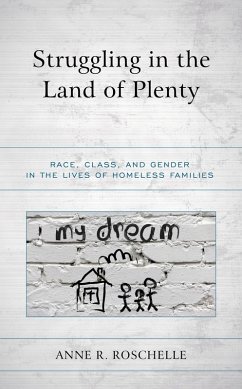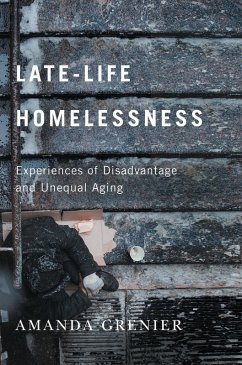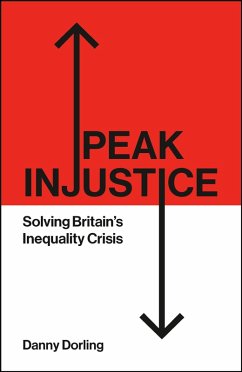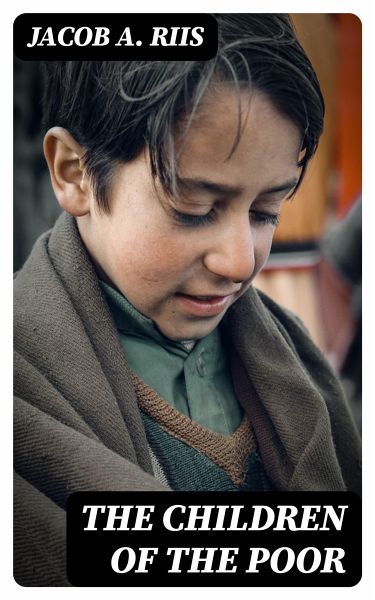
The Children of the Poor (eBook, ePUB)
Versandkostenfrei!
Sofort per Download lieferbar
0,49 €
inkl. MwSt.
Weitere Ausgaben:

PAYBACK Punkte
0 °P sammeln!
In "The Children of the Poor," Jacob A. Riis offers a poignant social commentary on the lives of impoverished children in late 19th-century America. With a blend of journalistic rigor and vivid storytelling, Riis employs vivid imagery and firsthand accounts to illuminate the harsh realities faced by these children, from squalid living conditions to neglect and exploitation. The book is not merely a collection of observations; it serves as a clarion call for social reform, contextualizing the plight of poor children within the broader framework of American society, industrialization, and urbani...
In "The Children of the Poor," Jacob A. Riis offers a poignant social commentary on the lives of impoverished children in late 19th-century America. With a blend of journalistic rigor and vivid storytelling, Riis employs vivid imagery and firsthand accounts to illuminate the harsh realities faced by these children, from squalid living conditions to neglect and exploitation. The book is not merely a collection of observations; it serves as a clarion call for social reform, contextualizing the plight of poor children within the broader framework of American society, industrialization, and urbanization of the era. Riis's use of photography alongside his text enhances the emotional weight of his narrative, allowing readers to visually confront the stark conditions he so desperately seeks to change. Jacob A. Riis, a Danish immigrant turned journalist and social reformer, was deeply influenced by his own experiences of poverty and hardship. Arriving in America with little to his name, Riis became a passionate advocate for the voiceless, leveraging his platform to expose the dire circumstances of the urban poor. His background and empathy for the marginalized underpin the urgent tone of "The Children of the Poor," reflecting his belief in the power of awareness to foster change. I highly recommend "The Children of the Poor" to those interested in social justice, history, and the human condition. Riis's evocative prose and compelling narratives will not only captivate readers but also encourage critical reflection on contemporary issues of poverty and child welfare. This book is essential for anyone who seeks to understand the historical trajectories of inequality and the enduring challenge of advocating for those who cannot advocate for themselves.
Dieser Download kann aus rechtlichen Gründen nur mit Rechnungsadresse in A, B, BG, CY, CZ, D, DK, EW, E, FIN, F, GR, H, IRL, I, LT, L, LR, M, NL, PL, P, R, S, SLO, SK ausgeliefert werden.




